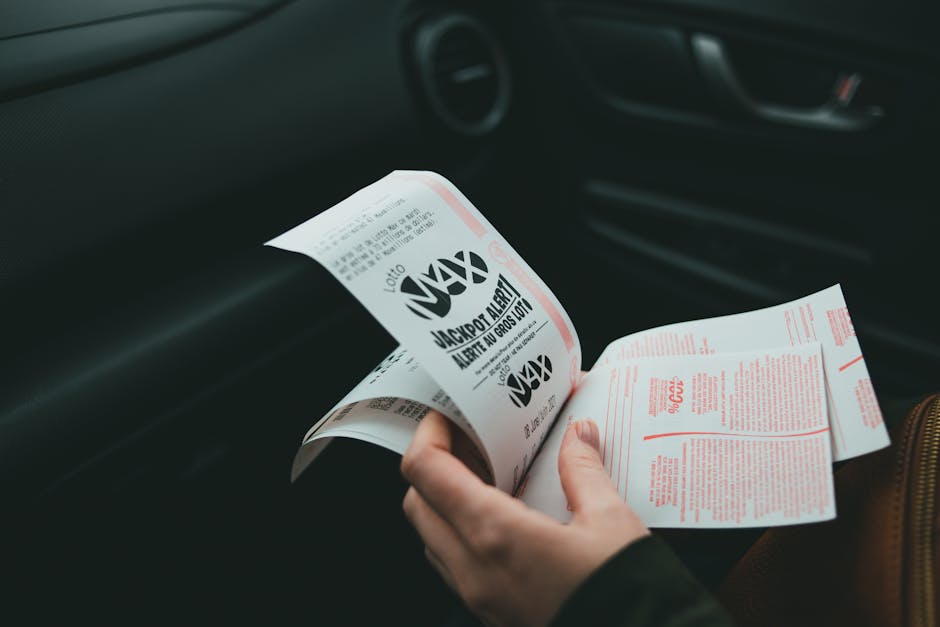The Supreme Court Tuesday held that inks and processing product utilized in printing of lotto tickets is taxable under Section 3F( 1 )(b) of the Uttar Pradesh Trade Tax Act, 1948.
To sustain a levy of trade tax under the Act, the pinnacle court stated, 3 conditions should be fulfilled – there need to be a works agreement, the items must have been utilized in the execution of the works agreement, and the residential or commercial property in those items should be moved to a 3rd party either as items or in some other kind.
Dismissing an appeal by Aristo Printers versus the order of the commissioner of trade tax, Lucknow, looking for to impose the tax on the worth of ink and processing product utilized by the business to print lotto tickets, a Bench led by Justice JB Pardiwala stated that the works agreement in this case is for the printing of lottery game tickets, and “the works” describes the last, concrete printed ticket.
“The taxable occasion, or the “considered sale”, takes place at the accurate minute the ink is used to the paper. This act makes up “incorporation in the works”, as the ink and the chemicals (with which the ink is combined) are associated with the execution of the work agreement and end up being a part of the lotto ticket. In this procedure, there is a concrete transfer of the diluted ink, a composite great consisting of both the ink and the processing chemicals,” the judgement mentioned.
It even more stated all 3 conditions needed to sustain a levy of tax under Section 3F( 1 )(b) of the 1948 Act were satisfied.
Aristo Printers, participated in business of printing lotto tickets, would carry out the work of printing on paper provided to it by the celebrations. The inks and processing product, consisting of the essential chemicals utilized in the procedure of printing, were obtained by the business. In 1999, the tax officer imposed trade tax on the worth of ink, processing product, and packaging product utilized by Aristo to carry out the printing work for the evaluation years 1996-97 (Apr-Mar) and 1997-98. This was challenged by the business.

